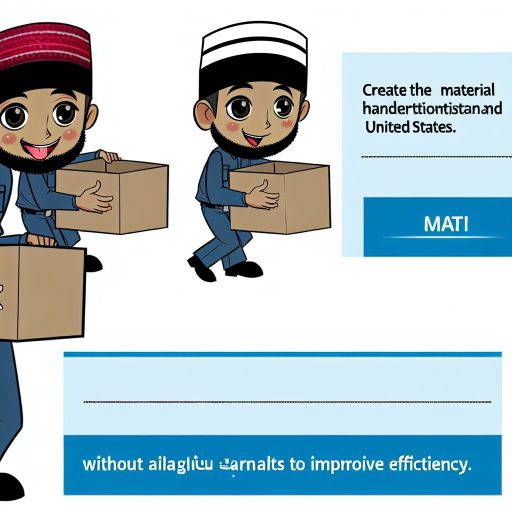Introduction
A transportation planner plays a crucial role in designing and implementing transportation systems.
The goal is to ensure efficient movement of people and goods.
Transportation planning is essential for sustainable urban development.
Opportunities for Growth in Transportation Planning Careers
- Advanced Education: Pursuing a master's degree in transportation planning or a related field can increase job prospects.
- Professional Certifications: Obtaining certifications like the AICP (American Institute of Certified Planners) can enhance credibility and open new opportunities.
- Specialized Training: Continuous learning in emerging technologies such as GIS (Geographic Information Systems) or data analysis can lead to specialized roles.
- Networking: Building strong connections within the transportation industry can provide access to valuable resources and potential career advancements.
- Seeking Mentorship: Having a mentor in the field can provide guidance, insights, and advice for career progression.
- Leadership Roles: As experience grows, opportunities for leadership roles in managing transportation projects or teams may arise.
- Public Speaking and Writing: Developing strong communication skills can lead to opportunities for presenting at conferences or writing publications in the field.
- Global Experience: Working on international projects can broaden perspectives and lead to exciting career opportunities worldwide.
Essential Elements for Progressing in Transportation Planning
Career growth involves continuous education, certifications, and specialized training.
Networking and mentorship help provide valuable insights and guidance.
Leadership development opens doors to managing teams and projects effectively.
Strong communication skills enable professionals to present and publish their work.
Gaining global experience broadens perspectives and creates international opportunities.





